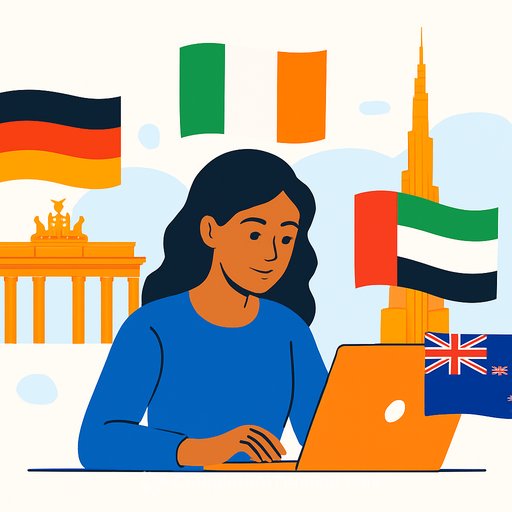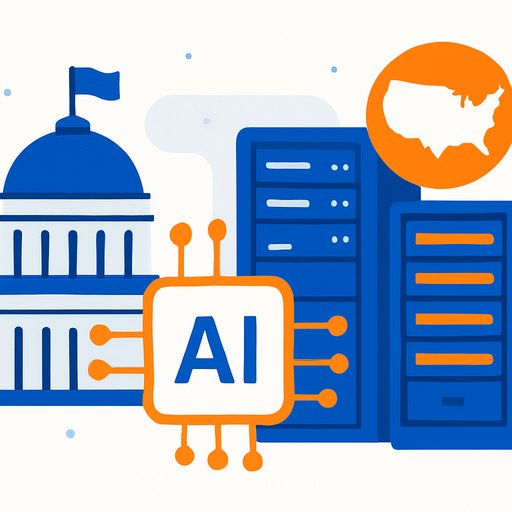Malaysia Advances National AI Development in Bahasa Malaysia to Strengthen Data Sovereignty
The Malaysian government is advancing a local artificial intelligence (AI) system fully operating in Bahasa Malaysia. This move aims to enhance national digital sovereignty and data security while reducing reliance on foreign technology providers.
Deputy Digital Minister Datuk Wilson Ugak Kumbong highlighted that the National Large Language Model (NLLM) project is underway through collaboration between the Digital Ministry, industry stakeholders, universities, and local technology firms. The initiative encompasses AI model development, data engineering, computing infrastructure, and data centre establishment.
Datuk Wilson emphasized that the AI agenda within the 13th Malaysia Plan (13MP) will be implemented in a structured, phased, and inclusive way. Priority areas include infrastructure development, improving digital literacy, education, and extending support to rural communities.
Additionally, the government is considering the development of an Islamic Artificial Intelligence System. This system would align with Malaysian values and ethical principles, with input from the Department of Islamic Development Malaysia (JAKIM) and other relevant parties.
National Education Council to Coordinate Policy for Higher Education
In a related announcement, Deputy Minister of Higher Education Datuk Mustapha Sakmud revealed plans to establish a National Education Council this year. This council will be the highest body responsible for coordinating national education policies, aligning with the Malaysian Higher Education Plan 2025-2035.
Chaired by the Prime Minister, the council will include senior government officials such as both Deputy Prime Ministers, the Chief Secretary to the Government, and the Director-General of Public Service. It will also bring together representatives from various ministries, academic experts, industry leaders, and community stakeholders.
The council aims to incorporate a wide range of perspectives to support national industry development and the labour market, complementing the objectives of the MADANI Economy.
Expanding Early Childhood Education and Strengthening TVET Outcomes
The Ministry of Education (MOE), through Deputy Minister Wong Kah Woh, has announced plans to add 250 new preschool classes in 2025. This expansion seeks to improve access to early childhood education nationwide.
As of July 31, 2025, there are 10,175 preschool classes across 6,349 institutions, serving 216,041 pupils. Notably, 4,222 classes are located in rural and remote areas, catering to over 79,000 students, which accounts for more than 36% of the total preschool population.
Technical and Vocational Education and Training (TVET) continues to show strong results. Employability rates for graduates have increased from 99.16% in 2022 to 99.91% in 2024, reflecting growing confidence from industry in Vocational College programs.
Furthermore, the MOE has introduced a special pathway allowing Vocational College graduates with a CGPA of 3.50 and above in Early Childhood Education Diploma programs to pursue a Bachelor of Teaching degree at Institut Pendidikan Guru Malaysia. This year, 50 out of 95 eligible candidates secured placements at campuses in Terengganu and Johor, supporting the increase of qualified early childhood educators and enhancing employment opportunities for TVET graduates.
For those interested in AI education and training opportunities, resources are available at Complete AI Training, offering a range of courses suited for various skill levels and job roles.
Your membership also unlocks:








